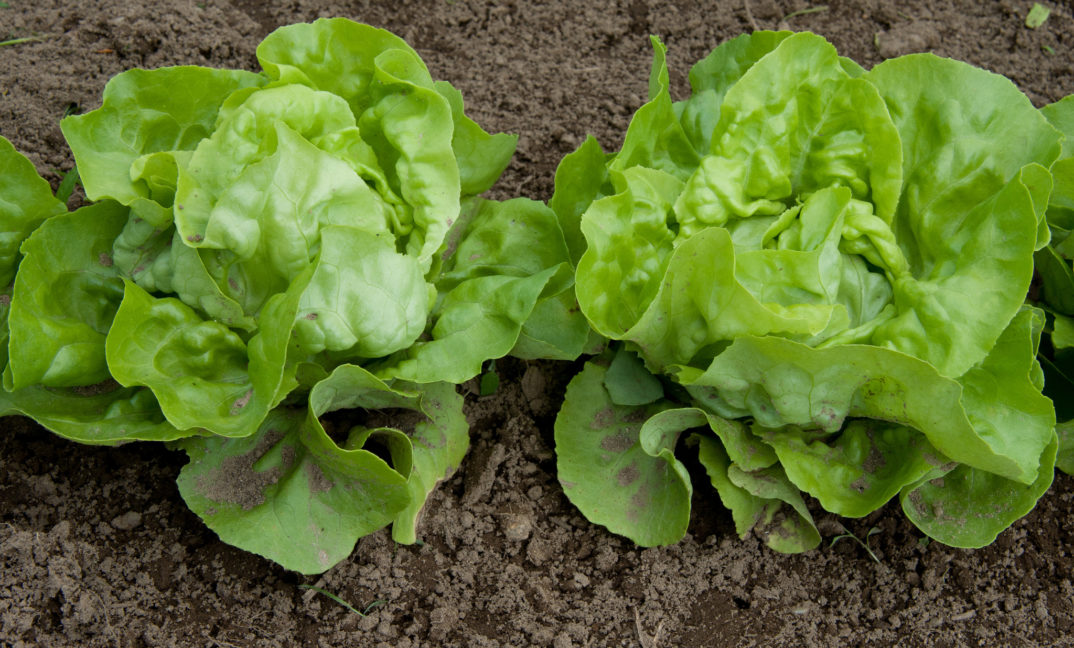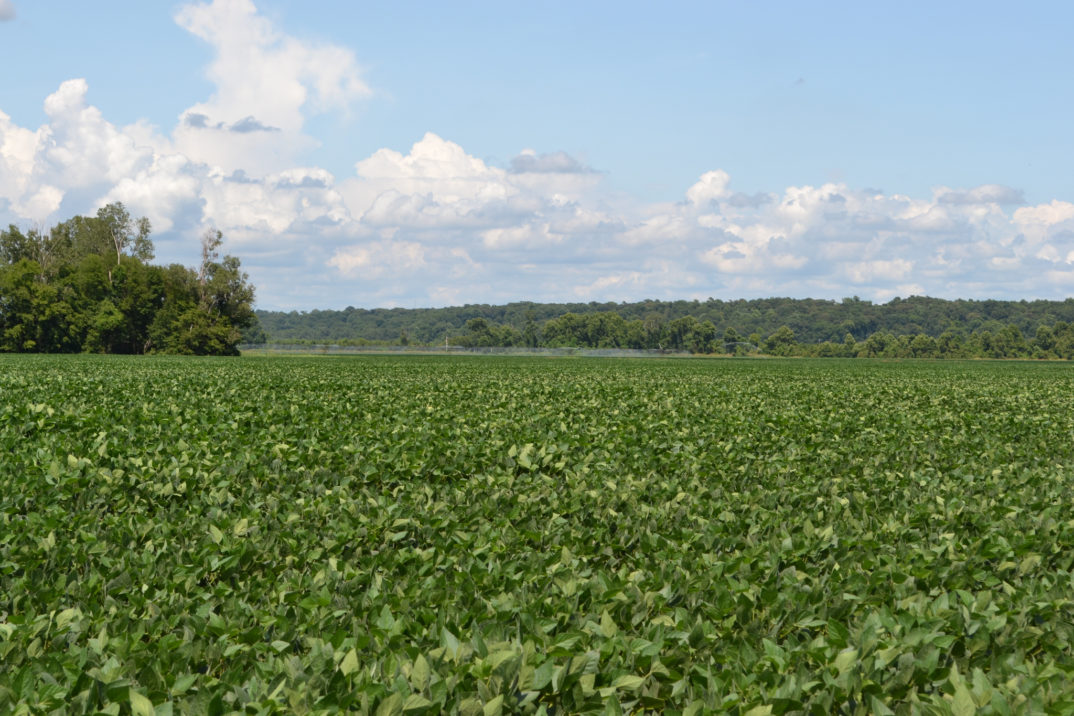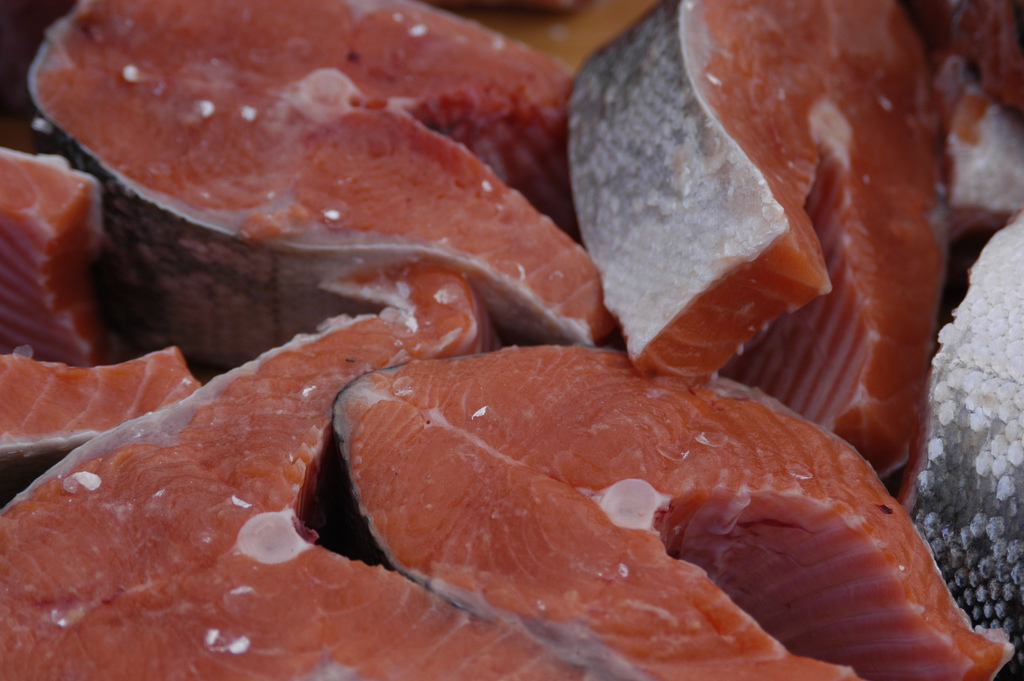According to the CDC, 121 cases related to a potent strain of E. Coli have affected over half of the states in the US, with the main source stemming from romaine lettuce from the Yuma region of Arizona. The CDC has issued warnings to the public: “Do not serve or sell any romaine lettuce from the Yuma, Arizona, growing region. This includes whole heads and hearts of romaine, chopped romaine, baby romaine, organic romaine, and salads and salad mixes containing romaine lettuce. Restaurants and retailers should ask their suppliers about their source of romaine lettuce.” While authorities have not been able to link the outbreak to a single source, it’s clear that issues in growing, packing, and handling are potential contributors. Continue reading “The Future of Farming: Reconsidering the E. Coli Breakout”



